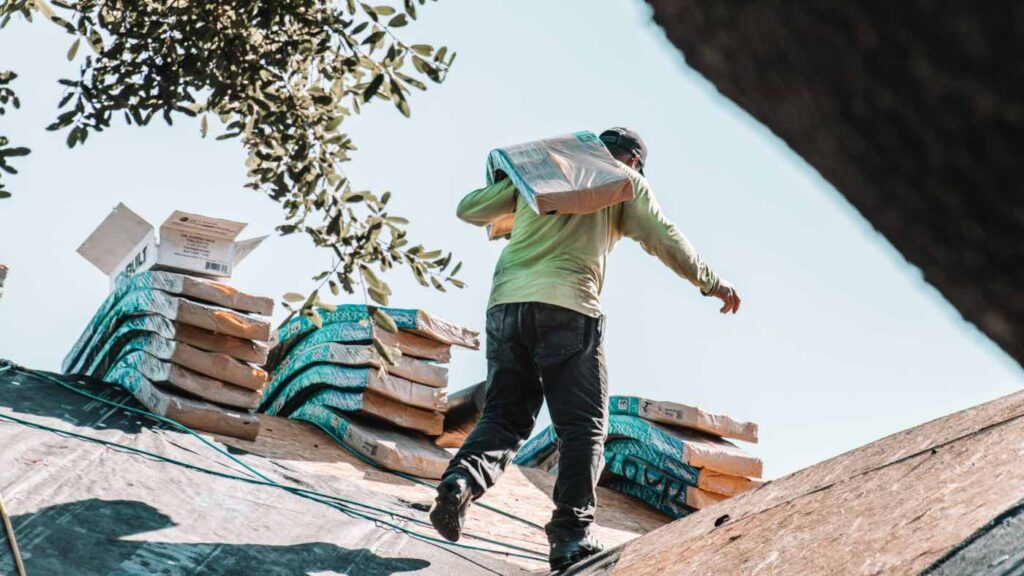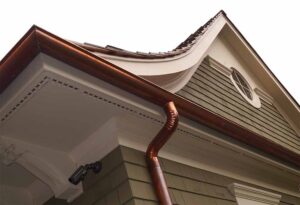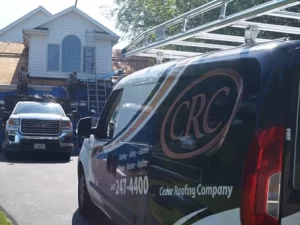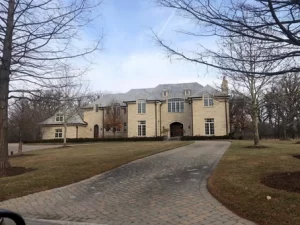After more than 40 years in the roofing business here on the North Shore of Chicago, I’ve pretty much seen it all. And trust me, nothing frustrates me more than seeing the aftermath of shoddy work from low-bid contractors. They swoop in with an offer that seems too good to pass up, and homeowners jump on it, thinking they’ve found a deal. But often, that “deal” turns into a nightmare.
Look, I get it. No one wants to spend more than necessary, especially on something as utilitarian as a roof. But as someone who has been in this business for decades, I can tell you firsthand that going with the cheapest option usually leads to a costly mistake in the long run. The problem with low-bid contractors isn’t just their pricing— it’s the shortcuts they take, the sub-par materials they use, and the corners they cut to make that low price possible.
Signs You may be dealing with an unreliable low-bid contractor
Let me give you some real-world examples of what to watch out for:
- The Estimate is Vague or Missing Details. If a contractor hands you an estimate that’s just a lump sum with no breakdown of labor, materials, or timelines, consider that a red flag. A reputable contractor will give you a detailed estimate that outlines precisely what you’re paying for. Low-bidders often leave out critical details to sneak in extra charges later through change orders, driving up the final cost far beyond the original “deal.”
- They Can Start Tomorrow (or Right Away). Roofing contractors with solid reputations are usually booked for weeks, sometimes months. If someone says they can start tomorrow, that might sound convenient, but it could also mean they’re not in demand for a reason. Either their work isn’t up to par, or worse, they’ve been fired from their last job. Good contractors are busy. Low-bid contractors often aren’t.
- They Ask for a Large Upfront Payment. Sure, an upfront deposit is expected. But if the contractor asks for half or more of the total price before they’ve even set foot on your roof, that’s a huge red flag. A common scam is to collect a large deposit and either disappear or do just enough work to seem like they’ve started—then leave the job unfinished.
- The Price is Way Below Other Bids. Suppose you’re collecting multiple bids (which you should be), and one comes in significantly lower than the others. In that case, you should be asking yourself why. Roofing materials are expensive. Skilled labor is costly. If you’re offered a price that seems too good to be true, it almost certainly is. They’re either using unskilled labor, cutting corners on materials, or planning to hit you with surprise costs once the job is underway.
- No Physical Address or Local Office. Reputable contractors have a physical address, office, or showroom where you can reach them if needed. Suppose the contractor you’re considering provides only a PO Box or works out of the back of a truck with no verifiable office. In that case, it might be hard to find them if things go sideways. Fly-by-night contractors can disappear just as quickly as they showed up.
- They Can’t Provide Solid References or Examples of Their Work. A good contractor will have plenty of happy customers willing to vouch for them. If your contractor hesitates to provide references or can’t point to past jobs, that’s a big red flag. And don’t just take their word for it—ask for specific addresses and drive by to see the work for yourself. Trust me, you’ll spot the difference between a roof that was slapped together and one that was done by a pro.
The Damage bad contractors leave behind hurts us all
Here’s the thing: when these low-bid contractors do sub-par work and leave customers with leaking roofs, it gives all of us in the roofing business a bad name. Homeowners start to feel like they can’t trust any contractor, and that’s a shame because there are a lot of great companies out there that take pride in doing high-quality work. We’re in this business for the long haul, and our reputation depends on ensuring every roof we install is built to last.
At Cedar Roofing Company, we’ve always believed that you get what you pay for—and we make sure that what you’re paying for is worth every penny. Whether you’re working with a tight budget or looking for a roof that’ll last a lifetime, we’ll tailor the work to your needs and give you a fair, honest price. Because at the end of the day, it’s not just about getting the job done—it’s about getting it done right.
So next time that too-good-to-be-true offer tempts you, remember quality work isn’t cheap, and cheap work isn’t quality. Call us to invest in a beautiful roof that’ll stand the test of time.
—
This article was written by CRC’s Keith MacNaught, who has been with Cedar Roofing Company since 2006. In that time, he has built a reputation as someone who knows roofs and is deeply experienced in building and maintaining the ideal roofs for residential and commercial customers. He is a CertainTeed Master Shingle Applicator and CertainTeed Quality Master. In addition, he is a Haag-Certified inspector and a member of the Professional Roofer’s Advisory Council. He was also instrumental in having CRC’s work recognized and named as a DaVinci Masterpiece Contractor.
(Photo by Zohair Mirza on Unsplash)







